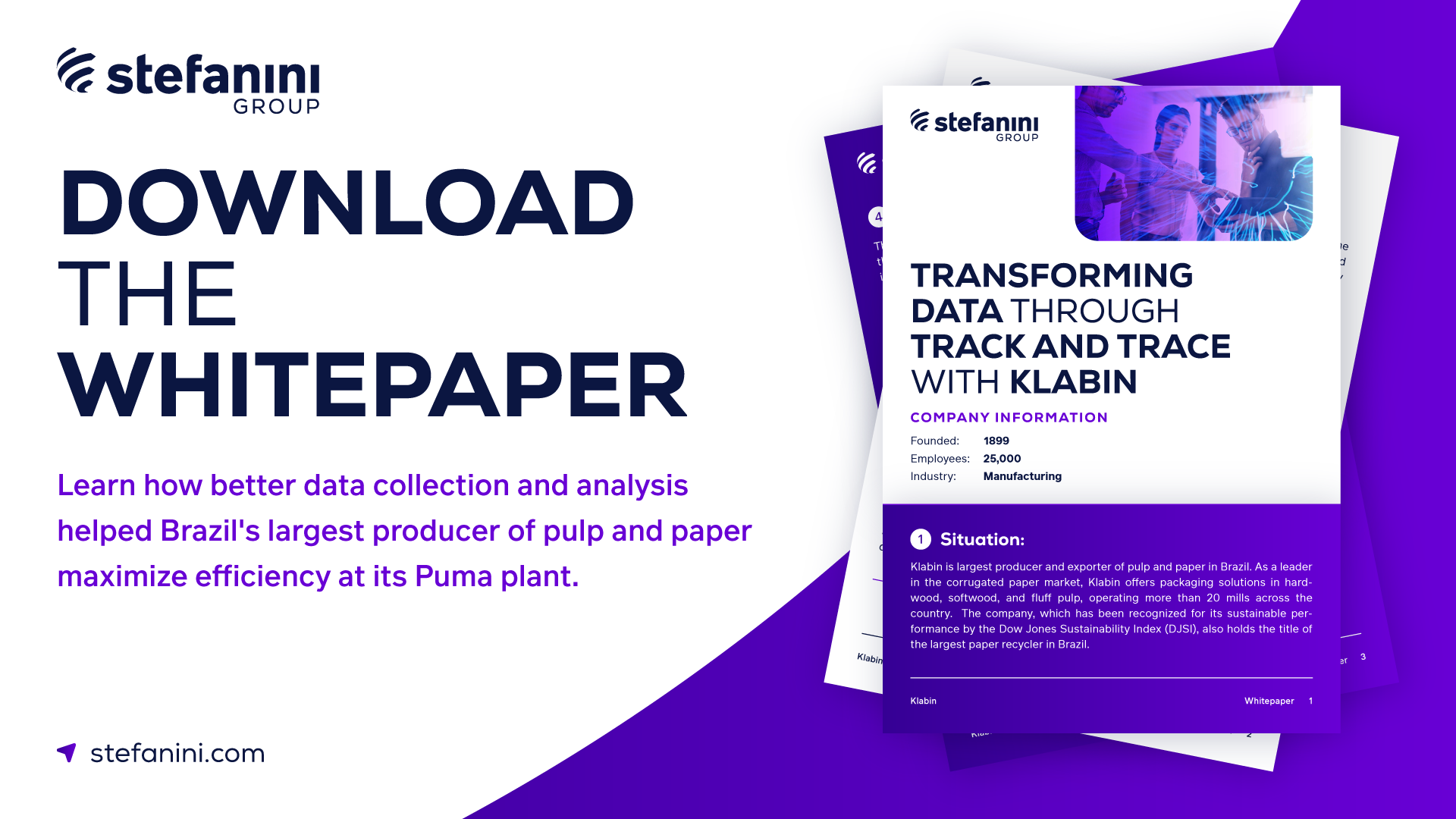The DIA 2022 Global Annual Meeting returns in-person to the city of Chicago from 19th to 23rd June. It brings together industry, regulators, academics, and patients to co-create, problem-solve, and collaboratively discuss global and local challenges facing the life sciences community.
Leaders from around the globe will be talking about how to advance science and fuel innovation that directly impacts public health. They will discuss some of the latest trends and predictions for the future. These include:
Innovation through Collaboration
‘Innovation through Collaboration’ is this year’s DIA headline. Collaboration is the foundation for bringing about new innovations and advancing the continued transformation of life science development.
Over the last two years, we have seen an unprecedented rate of innovation adopted in health and life sciences. Collaboration and coordination have been demonstrated by medicine regulatory authorities to increase efficiency and bring solutions to patients that need them.
As we emerge from the pandemic, it is paramount that information is shared and inspirational thinking and improvements are fostered to support a future where lifesaving interventions are accessible to all.
Real-world data is powering innovation and solving problems for diseases. It allows better informed clinical trials and delivers insights never before thought possible. Stakeholder collaboration of real-world data is strategically important to successfully apply learnings and scale-up research in the coming years. This will enable new therapies and cures as well as novel processes and tools that will ultimately benefit patients.
Healthcare centred on patients
Patients are stakeholders in clinical decision-making, health IT user experience, and medical product development. Over the next year, as the value of patient experience data in R&D is recognised, more patient-centric and co-created experiences will evolve. Patients will become more equal partners in decision-making throughout their health journeys and will help life sciences deliver better and more personalised outcomes.
Pharmaceutical and other healthcare providers who focus on what matters to patients in their healthcare journey and gather their valuable feedback will continuously improve study quality, drive retention and operational efficiency, and impact market penetration.
Inclusion and diversity
In forthcoming years, a greater focus on diversity and inclusion in clinical trials will support health equity. Gender, racial and ethnic, and age-related diversity and inclusion will be actively sought and included in the design, testing, and implementation of disease prevention and treatment. Data and analytics, including artificial intelligence (AI), will support the recruitment of a representative clinical trial population.
Researchers are utilising digital and virtual tools to bring more people into trials. They are supporting adaptive, decentralised, and hybrid trial models to eliminate barriers, such as geography and set hours, and focus on creating more personalised care and real-time access. These new models also offer a number of benefits such as significant cost reduction and the generation of robust clinical data through continuous monitoring.
Stefanini Digital Health Services provides AI to support automation and designs a personalised clinical trial environment to promote inclusion and diversity and engage patients, caregivers, and healthcare professionals.
Digital healthcare is the future
Patients have become more amenable to virtual or remote healthcare solutions including the use of tele and video-enabled health, the internet of medical things (IOMT), wearables and sensors, automatic pill devices, and electronic clinical outcome assessments (eCOAs).
Denis Reynders, Global Business Unit Leader at Stefanini Digital Health Services, comments “These digital technologies have created a world that is more connected and promotes information sharing and support that can benefit patients’ mental health too.”
This digital transformation trend is driving the implementation and accelerated growth of digital tools, platforms, and solutions in life sciences. Pushing digital at scale is a long-term strategic digital objective that must be tackled head-on.
Scaling digitalisation and utilising AI are improving innovation across organisations and help to connect all data from R&D, to the supply chain, through to the patients. The use of AI technologies in pharmaceuticals has helped to streamline the drug discovery process, accelerate the research and development of drugs, create more affordable drugs and therapies, reduce costs, increase productivity and improve efficiency. Physicians use diagnostic devices supported by AI algorithms to diagnose diseases, such as cancer.
Agile life science and healthcare companies who are willing to embrace digital transformation at scale will be able to solve the toughest challenges and stand to reap the biggest benefits.
Stefanini Digital Health Services supports life science and healthcare companies to embrace digital transformation at scale including data analytics and AI. They also design personalised environments for engaging patients, caregivers and healthcare professionals in clinical trials and implement a patient omni-channel engagement solution.
Visit our booth (#1438) so Stefanini can help you drive your digital healthcare strategies forward innovatively, diversely, and patient-centrically. We hope to connect with you at the 2022 DIA Annual Meeting.




















